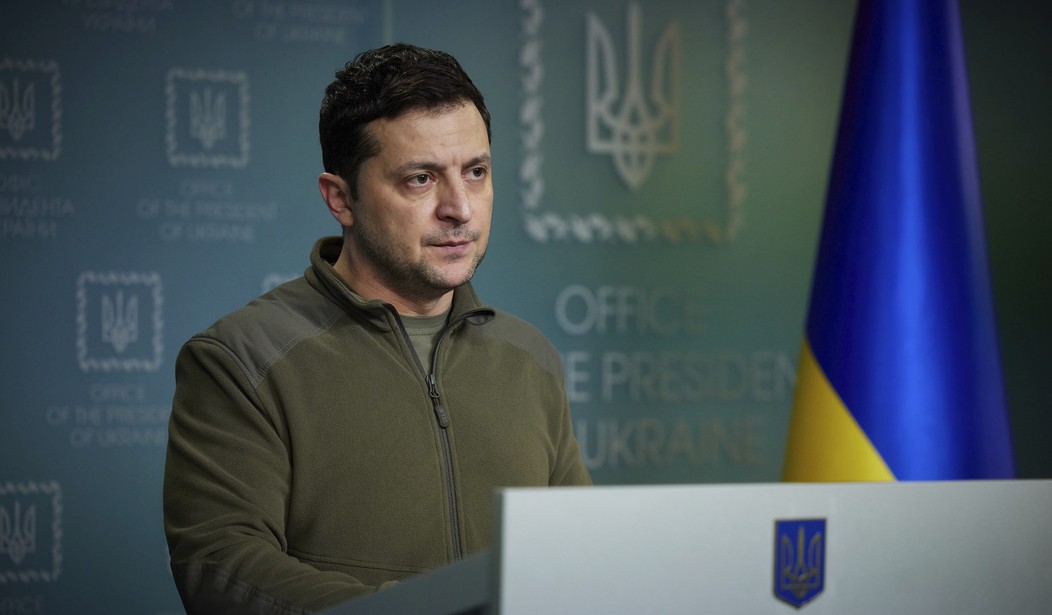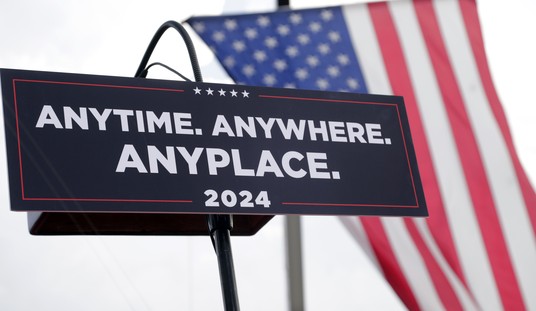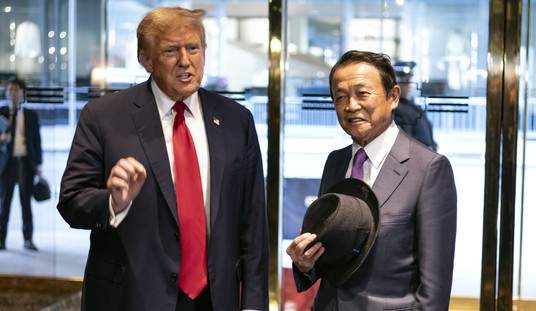With the NATO summit wrapping up, the closing comments once again focused on Ukraine and the spotlight remained on master showman Volodymyr Zelensky. (Or however we’re supposed to spell it this week.) The recipient of one of the greatest transfers of wealth seen in recent memory had the audacity to scold the attendees, saying that it was “absurd” to think that Ukraine would not be offered a firm timeline for membership in the alliance. (He said he has “faith but not confidence” in NATO after failing to secure an invitation to join.) To his credit, he did manage to squeeze in a few words of thanks for the American people who are funding his defense, but he was clearly fuming over the fact that the red carpet wasn’t being rolled out in terms of NATO membership.
What’s actually “absurd” is the idea that Ukraine might be offered anything more than what was already on the table. NATO has said for some time now that it anticipates inviting Ukraine to join at some point, but the conditions would need to be appropriate. If anything, those conditions have deteriorated since the conversation first began in 2008 rather than getting better. National Review points out this week how an invitation to Ukraine now or even in the near future would be not only inappropriate but could carry potentially catastrophic consequences.
NATO has rightly agreed at the summit to extend an invitation to Ukraine at an unspecified time and only “when Allies agree and conditions are met.” This is in keeping with its 2008 declaration that Ukraine (and Georgia) “will become members of NATO” while putting no date on that, or even a firm timetable for when the application process would start getting seriously underway. That’s how matters — a welcome in principle, but nothing more concrete in practice — should stay.
Even offering a pathway to NATO for Ukraine would, given the war that has been fought on its territory since 2014, be meaningless, and quite possibly counterproductive, raising the possibility of splits within NATO and playing to Russia’s paranoia about the alliance, a paranoia that is shared by a considerable portion of the Russian population. Nothing is to be gained by taking a step that would rally support for the war within Russia, would offer NATO no particular military advantage, and might make a dangerous situation more perilous still. Russia is a nuclear power backed by China and headed by a leader who may well now be feeling uneasy about his own personal security. That calls for some caution.
Some of those factors should have already been obvious and they deal with things as mundane as the baseline rules of the organization. No nation joins the alliance without the unanimous consent of the current members, and the current level of consent is anything but unanimous. There would be no point in holding a vote that is doomed to fail. Further, such a vote could drive a wedge between NATO allies at a time when unanimity is more vital than at any time in recent memory.
The second obvious consideration is the mutual defense assurances that would have to be granted to Ukraine if they joined. We’ve said this here before, but it bears repeating. If Ukraine were to be accepted into the alliance, the next Russian missile to fall inside of Ukraine’s borders (and they just launched a drone attack on Kyiv again last night) would trigger a situation where the rest of the alliance would be at war with a nuclear power.
But there is more to this question than that. New additions to NATO need to be stable. Ukraine wasn’t terribly stable even before the invasion began and it’s even less so now. Applicants need to be committed to freedom and democratic principles and as free of corruption as can be managed. Any honest assessment of the Ukrainian government, either now or before the war began, would lead to the conclusion that the country fails on all fronts and Zelensky himself is a major reason.
We hear a lot of talk about Russian oligarchs, but Ukraine has plenty of oligarchs of its own. They are significantly wealthy individuals who wield tremendous power behind the scenes and the sources of their wealth are murky at best. Just as with Russia, government funding has an unfortunate tendency to go missing and it’s not lost behind the seat cushions.
And then there is the way Zelensky has ruled since taking power. He has imprisoned his political rivals in the recent past. He shut down media outlets that reported on his administration critically. He has closed churches. You can tick down a list of the basic freedoms identified in the United States Constitution and Zelensky has violated pretty much all of them. I understand it’s very easy to sympathize with the Ukrainian people being decimated by Russian military strikes, but does that sound like the type of government you want to add to NATO’s roster? It’s bad enough that we allowed Turkey in and a couple of the eastern European members act rather dodgy at times. But we don’t need to compound these issues further. Ukraine has a long way to go before it can demonstrate that its government meets the ideals the rest of us strive for. We can help Ukraine without opening NATO’s doors to them.








Join the conversation as a VIP Member